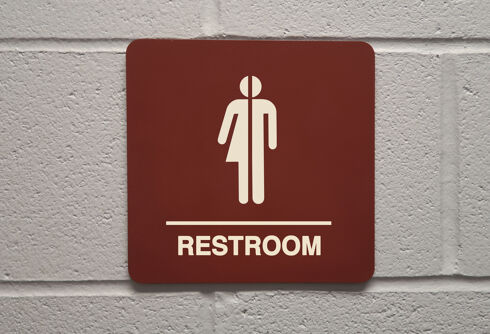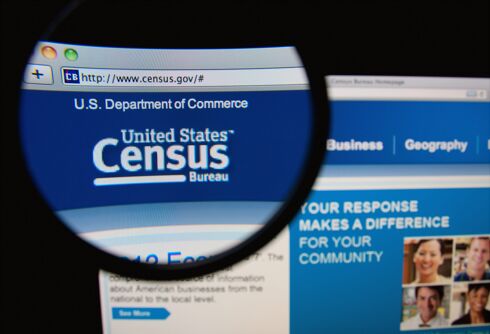
Rutledge, a Republican who was sworn in last week, noted that two new justices have joined the state Supreme Court since it heard oral arguments in November. Justices have yet to rule in the state’s appeal of a Pulaski County judge’s decision striking down the ban as unconstitutional.
Rutledge also said in her motion to the court that Chief Justice Jim Hannah was unable to attend the hearing due to a national meeting of chief justices.
“I believe the court would benefit greatly from a second oral argument,” Rutledge said in a statement issued by her office. “The people of Arkansas should know that as Attorney General, I will vigorously defend any challenge against Arkansas’s Constitution.”
Pulaski County Circuit Judge Chris Piazza in May struck down a voter-approved 2004 constitutional amendment and earlier state law defining marriage as between a man and a woman. More than 500 gay couples were issued marriage licenses following his decision before justices suspended the ruling.
The state is also appealing a federal judge’s ruling striking down the ban. That decision is also on hold pending the appeal.
The U.S. Supreme Court last week announced it would hear arguments on whether same-sex couples have the right to marry in every state. The cases will be argued in April, and a decision is expected by late June.
An attorney for the couples challenging Arkansas’ ban said she planned to oppose Rutledge’s motion. She said a new hearing wasn’t necessary because both sides have made their case in filings before the court.
Article continues below
Judges across the country have ruled against bans similar to Arkansas’ since the U.S. Supreme Court struck part of a federal anti-gay marriage law in June 2013. Gay marriage is legal in more than half of the U.S.
Rutledge, who was elected in November, opposes gay marriage and has vowed to defend Arkansas’ ban. Her Democratic predecessor, former Attorney General Dustin McDaniel, last year announced he supported same-sex marriage but would defend the ban in court.
This material may not be published, broadcast, rewritten, or redistributed.
Document courtesy Equality Case Files. [ Full screen ]













